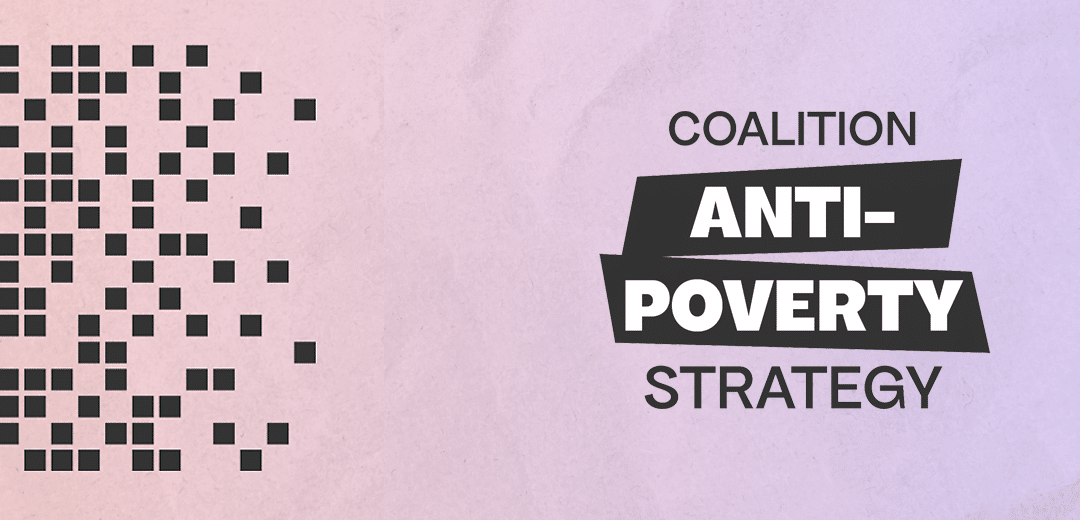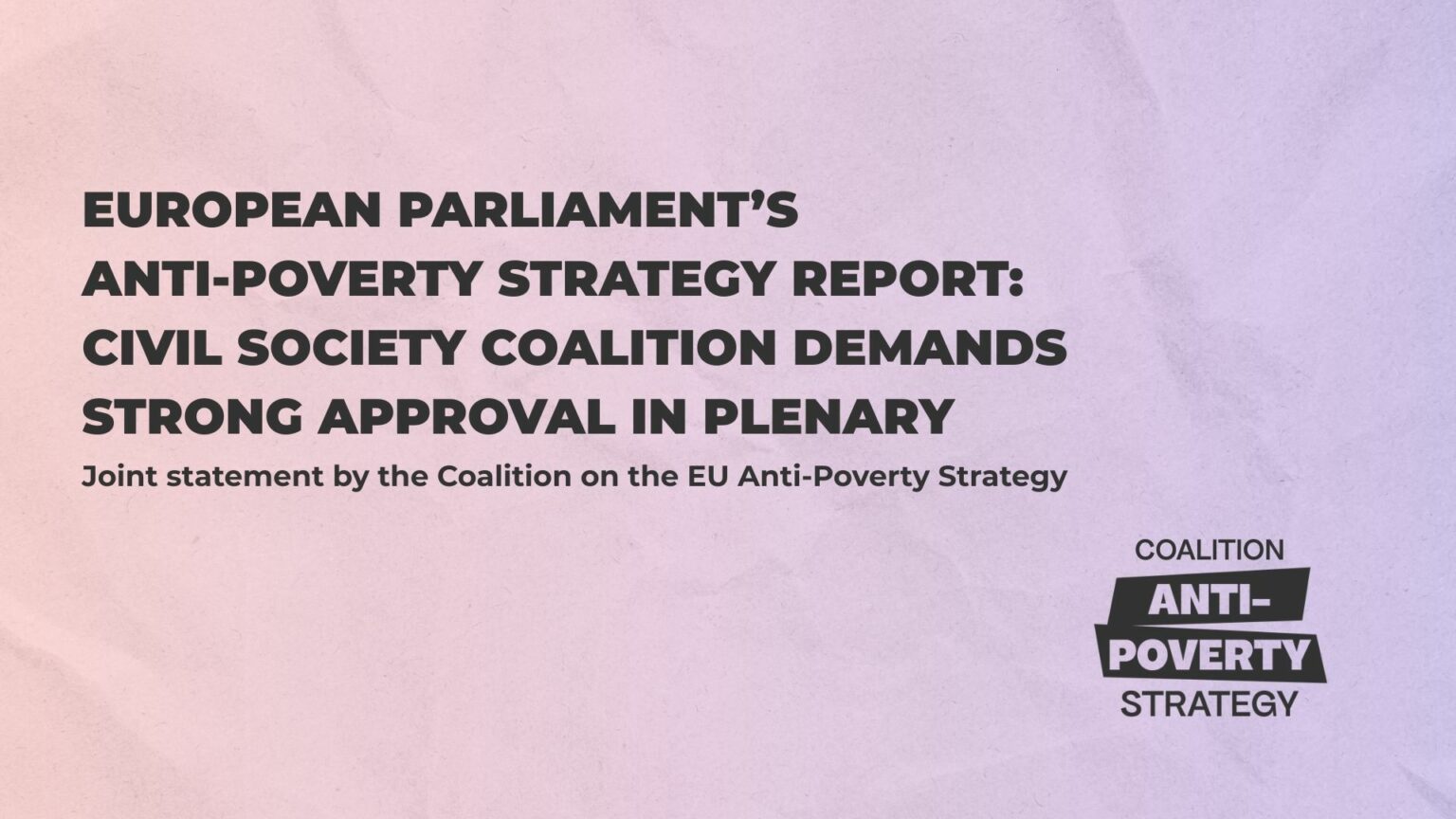The European Semester has potential to become a child and youth policy instrument but it still has a long way to go
Eurochild member, Child and Youth Welfare Association – AGJ from Germany, published last year a position paper arguing that this economic and fiscal instrument could be further developed to better consider child and youth issues.
Introduced as a response to the financial crisis of 2008, the European Semester provides the framework for coordinating economic, fiscal, labour and social policies within the European Union.
During this annually recurring process, which takes place over the first six months of a year, EU Member States align their budgetary and economic policies with the rules agreed at EU level.
Eurochild has been advocating for a long time on the relevance of the Semester process for child and youth policy, by gathering feedback and experiences from our member about child poverty across Europe into our annual report on children in need across Europe.
In their policy paper, Eurochild member AGJ argues therefore that looking at the European Semester through a child and youth policy perspective makes the most sense firstly because child and youth issues are cross-sectoral and secondly because investing in youth would set the foundation for a better, stronger and fairer Europe.
Against this background, it is surprising that there are hardly any explicit references to child and youth policy in the European Semester, including in the Country Report as well as in the Country Specific Recommendations for Germany.





